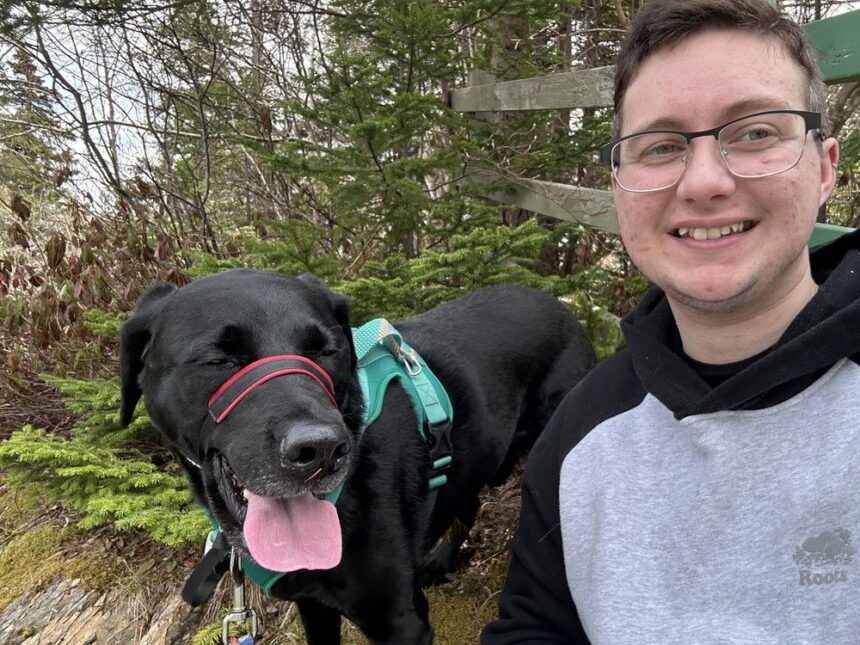Article contentThis is when he started seeing a mental health nurse in the area. Dalley said that the mental nurse said if he wanted to access adequate services, he would have to move to St. John’s.Article contentHe said that it was difficult to hear that, but it’s what he did. He was planning to eventually move to St. John’s anyway, to attend Memorial University.Article content‘JUST TO TIE HIM OVER’Article contentBut things didn’t get better right away, said Dalley. It was 2017 when he moved to St. John’s, and he would soon turn 20 years old.Article contentBefore moving he said that he called central intake to try and get in with a psychologist because he knew it would take time. Shortly after arriving in the city, he received a call from NL Health Service (NLHS), who said a student with them was taking clients.Article contentDalley said seeing the student psychologist was really just to tie him over while he waited.Article contentDue to his bipolar disorder not being properly treated, he said it also contributed to an eating disorder.Article contentArticle contentEATING DISORDERArticle contentDalley said that he was referred to the HOPE day program, which is a provincial treatment program for eating disorders. There are three tiers to the program: outpatients, the day program and the inpatient eating disorder program.Article contentWhen Dalley’s turn came for the HOPE day program, after a wait, the staff deemed him too unwell and redirected him to inpatient treatment.Article contentDalley said that he expected this would finally mean full treatment — help for both his eating disorder and bipolar disorder, since psychiatrists were part of the program.Article contentBut things didn’t work out that way, he said.Article contentGENDER IDENTITY PLAYED A ROLEArticle contentAccording to Dalley, the care team in NL didn’t accept the bipolar diagnosis he had received in British Columbia, and instead of continuing his medication, they reduced the dose even further and eventually stopped it completely.Article contentArticle contentOn top of that, Dalley is a transgender man and faced barriers because of his gender identity.Article contentThe HOPE groups were designed for cisgender women, he said, and it often led him to feel left out and, in some cases, he was told he couldn’t join because his presence might make others “uncomfortable.”Article contentLater, when he tried to join a trauma program, he said he was told he had to choose between a male or female group. When he asked for a gender-neutral option, staff admitted one existed but said there was no space — then they closed his file.Article content Kaiden Dalley and his dog Squid, who he says is an extension of him at this point. CONTRIBUTEDArticle contentFINALLY GETTING HELPArticle contentDalley said that it took years of bouncing around the system before he finally got proper support.Article contentHe added that he was eventually matched with a psychologist who gave him well-rounded care, looking at his eating disorder, bipolar disorder, gender transition, and everyday struggles all together.
Kaiden Dalley’s fight for bipolar and eating disorder treatment in Newfoundland











